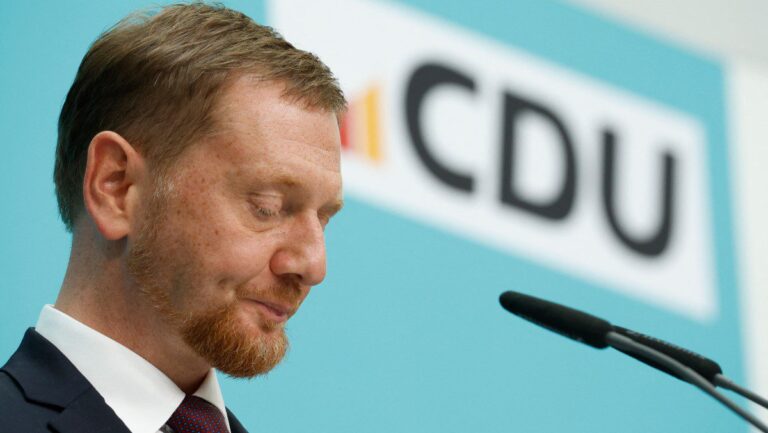While petrol-related tax revenue is currently soaring, German researchers of the Agora Verkehrswende Institute have calculated that by 2030 this income will be halved due to people switching to electric cars. The projected loss of tax income is estimated to be €13 billion. To compensate for this loss of income, researchers are now suggesting the introduction of a car toll.
By introducing a distance-based car toll, Agora calculated, additional income of €33 billion could be generated by 2030. This calculation is based on an average price of 5.4 cents per kilometer.
According to federal data, the average infrastructural cost generated by driving on highways amounts to 2.6 cents per kilometer, which is also the amount the researchers suggest as a starting point for the toll in 2025. The final price of 5.4 cents per kilometer will be reached by adding the costs projected by the government for “air pollution, noise and the environment.” By exceeding the actual infrastructural costs, the toll could be used for public welfare projects, like public transports, bicycle infrastructure, and noise protection.
Christian Hochfeld, the head of the Agora Institute, explained the train of thought as follows: “People who drive more, use the streets more, and therefore create more costs for the public, should also pay more.” Hochfeld called this system “just and good for the environment.”
To realize this project, a system based on satellite tracking and a mobile phone app will be implemented, the initial cost of which would amount to €2.5 billion, as well as €700 million of yearly maintenance.
While critics worry that such a system would effectively ban poorer people off the streets, Hochfeld points to a host of corrective measures that offer the government “all possibilities for a more fair and more targeted” control of the system. In Hochfeld’s vision, larger cars could be taxed more than smaller cars, people driving in rush hour could be taxed even more, and poorer people could be taxed less.
Previous proposals to introduce a car toll have been blocked in the past by the European Court of Justice, but Hochfeld is confident that the proposal of Agora could be more widely accepted, as it doesn’t discriminate against foreign drivers, taxing everybody instead, and dedicates large parts of the generated income into bicycle routes and public transport.
According to these calculations, the cost of driving a petrol-based car could increase by a third if this model is implemented. The additional costs for consumer goods caused by the increase in transportation costs has not been calculated yet.
The Agora Institute maintains close ties to the Green Lobby in Germany. Many leading Green politicians have worked at the Agora Institute in the past, some of whom are currently members of the German government. Previous ideas of the Agora Institute, such as the “mobility turnaround” and the introduction of an industrial climate tax, have already found their way into public discourse. It may only be a matter of time until the current idea of a car toll finds its way into parliamentary discussion.





